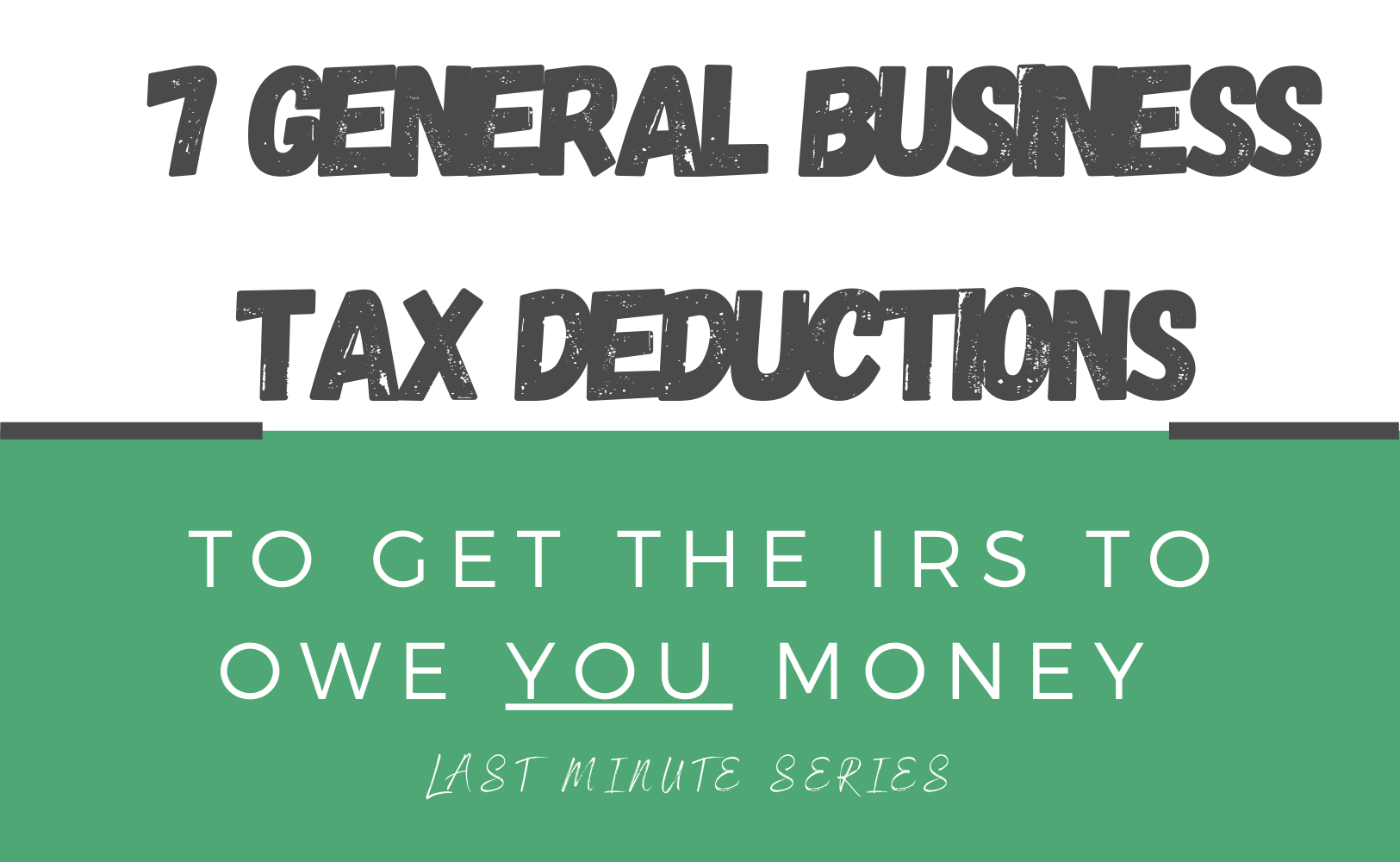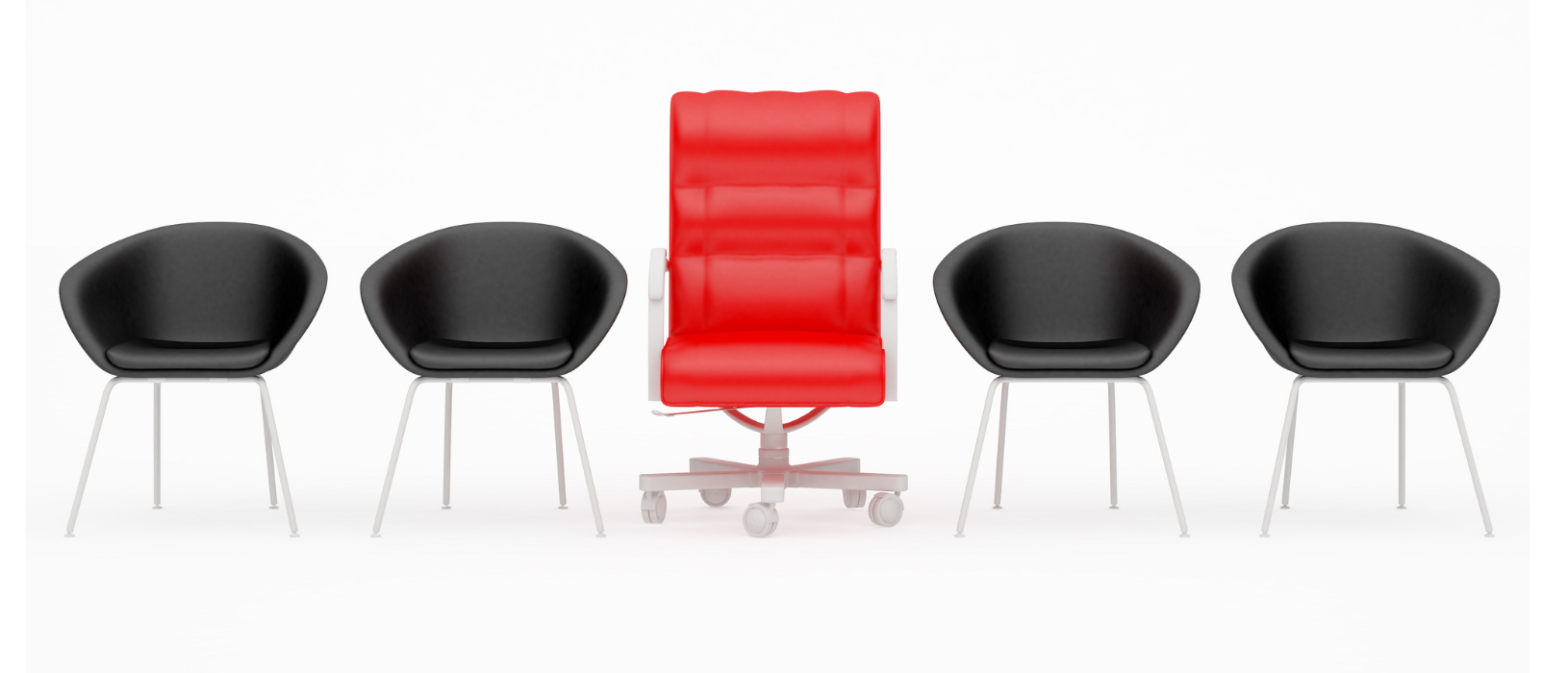7 Last Minute Business Deductions
Here are 7 powerful business tax deduction strategies that you can easily implement before the end of 2020.
Prepay Expenses Using the IRS Safe Harbor
- IRS regulations contain a safe-harbor rule that allows cash-basis taxpayers to prepay and deduct qualifying expenses up to 12 months in advance without challenge, adjustment, or change by the IRS.
- For a cash-basis taxpayer, qualifying expenses include lease payments on business vehicles, rent payments on offices and machinery, and business and malpractice insurance premiums.
The simple lesson here is if you prepay for qualifying expenses for 2021 in 2020 you get the deduction this year. (yay!) Just make sure the person or company you are paying receives the money in 2021.
(don’t sent the payment December 31,2020)
Stop Billing Customers, Clients, and Patients (I know Scary, right?)
- Here is the pickle, you run a cash basis company, your customer’s clients do not pay until they are billed. if you bill them in December, theoretically they should pay you in December. if you wait until January to bill you are creating a tax planning
- Not billing customers and patients is a time-tested tax-planning strategy that business owners have used successfully for years.
Buy Office Equipment
- Bonus depreciation is now at 100% along with increased limits for Section 179 expensing, so, buy your equipment or machinery, place it in service before December 31, and Bing bam boom, you get 100% depreciation of the cost in 2020. (Retail therapy y’all)
- There is some more fine print regarding qualifying bonus depreciation and Section 179 purchases.
The simple lesson here is that a good bookkeeper will help you create these depreciations, (hint hint) so you can focus on the important things like growing your business.
Use Your Credit Cards

- For LLC filing Schedule C, the day you charge a purchase to your business or personal credit card is the day you deduct the expense. Therefore, using your credit card for last-minute business purchases is a good thing!
- Same rules apply for corporations; Date of Charge = Date of Deduction.
- For Employee reimbursements: the corporation must reimburse by Midnight 12/31/2020, for the deduction to count.
Don’t Assume You Are Taking Too Many Deductions
- If your business deductions exceed your business income, you have a tax loss for the year. With a few modifications to the loss, tax law calls this a net operating loss. NOL (I’m too lazy to keep writing that out)
- If you are just starting your business, you could very possibly have an NOL.
- Something to note, there could be a NOL even with an ongoing, successful business.
- You can only carry your NOL forward, and it can only offset up to 80 percent of your taxable income in any one future year.
You should never stop documenting your deductions, and you have a right as a business owner to claim them all.
Thank COVID-19 (for the tax break, But NOTHING else)
Let’s be real: there’s little to be grateful for with COVID-19, with one of the several exceptions being the potential opportunities to turn NOLs into cash for your business.
Two NOL opportunities come from the Coronavirus Aid, Relief, and Economic Security (CARES) Act:
- The CARES Act allows NOLs arising in tax years beginning in 2018, 2019, and 2020 to be carried back five years for refunds against prior taxes.
- The CARES Act allows application of 100 percent of the NOL to the carryback years.
Before the CARES Act, you could not carry back your 2018, 2019, or 2020 losses, and your NOL could offset only up to 80 percent of taxable income before your Section 199A deduction.
Deal with Your Qualified Improvement Property (QIP)
In the CARES Act, Congress finally fixed the qualified improvement property (QIP) error that it made in the TCJA. (Yay! Something was fixed.)
- QIP is any improvement made by the taxpayer to the interior portion of a building that is non-residential real property. If you place the improvement in service after the date you place the building in service.
- This is where that depreciation thing comes into play again. If in previous years, you were depreciating the property at 39-year, you can now change it to 15-year property. This makes the property eligible for both bonus depreciation and Section 179 expensing.






